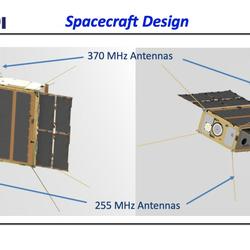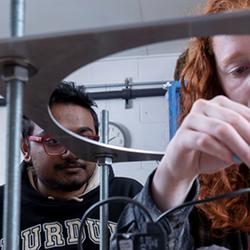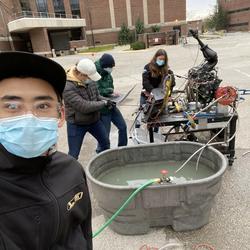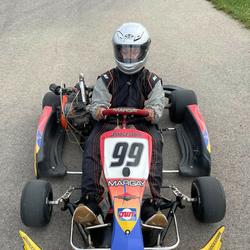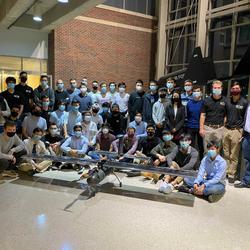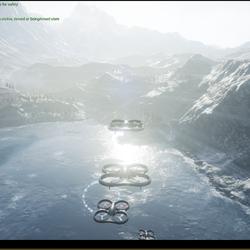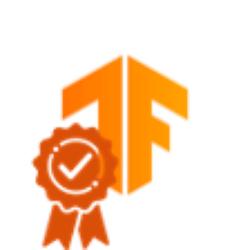3D Printing Ceramics
3D Printing Ceramics - This team will conduct 3D printing of ceramics and metallic materials. The students will use the ceramic printer in the lab and/or the metal printer in the Purdue MMRL to manufacture functional components.
Indianapolis First-Year Learning Community Faculty-led Research 3D Printing Embedded Systems Energy Harvesting Firmware Spring 2025 Fall 2025







